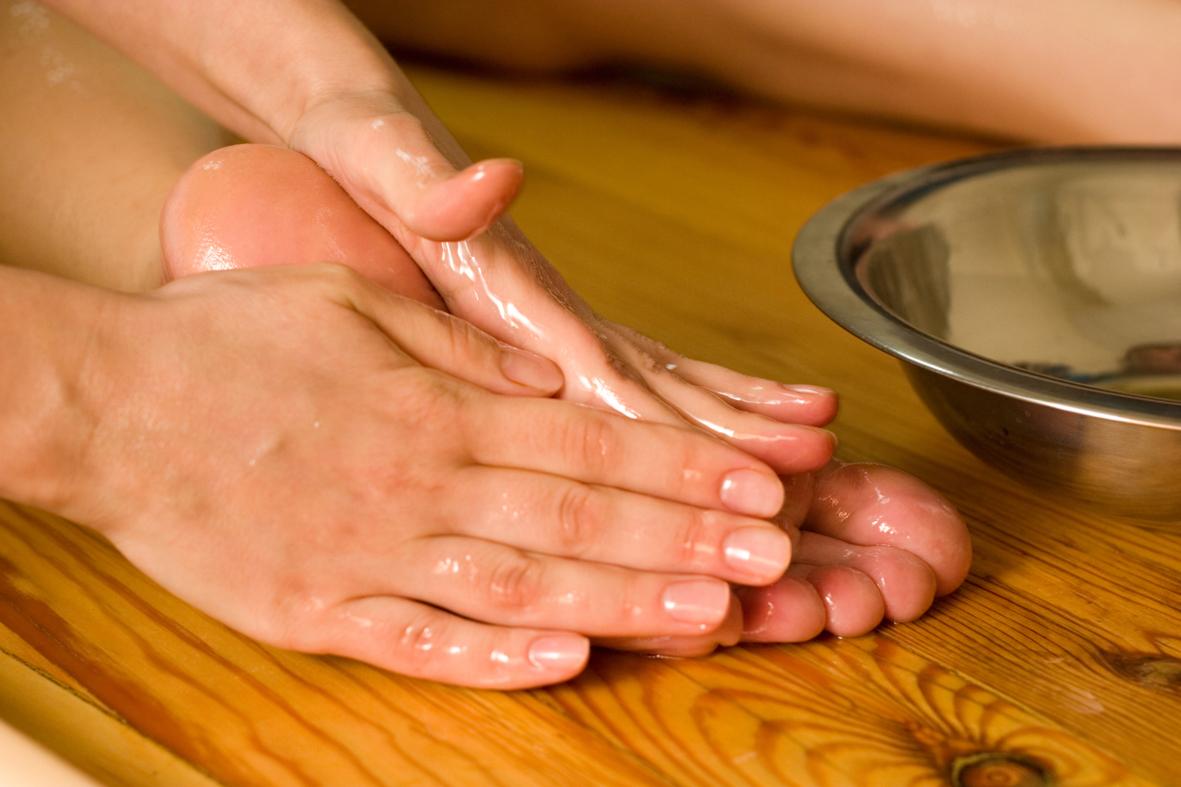In a world where the hum of modern medicine often drowns out whispers of ancient wisdom, managing chronic pain without medication emerges as both an art and a science. While pills and prescriptions offer a quick fix, many are seeking pathways to healing that honor the body’s natural rhythms and resilience. This exploration of non-pharmaceutical approaches to pain management invites you to discover a tapestry of techniques that blend tradition with innovation. From the gentle embrace of mindfulness practices to the invigorating flow of physical therapies, these methods not only address the symptoms but also nurture the spirit. As we embark on this journey, we uncover how the power of the mind, the wisdom of the body, and the spirit of holistic health converge to offer relief and renewal.
Understanding the Roots of Chronic Pain
Chronic pain is a complex condition often rooted in a combination of physical, emotional, and psychological factors. It is essential to delve deeper into these underlying causes to effectively manage pain without relying on medication. The origins of chronic pain can be linked to:
- Physical Trauma: Injuries or surgeries that have healed physically but left lasting pain sensations.
- Inflammation: Persistent inflammation from conditions such as arthritis or autoimmune diseases.
- Neurological Factors: Malfunctions in the nervous system that amplify pain signals.
- Emotional Stress: Unresolved emotional issues that manifest physically.
- Lifestyle Factors: Poor posture, lack of exercise, or unhealthy habits contributing to ongoing discomfort.
Understanding these roots allows for a holistic approach to pain management, empowering individuals to address the source rather than just the symptoms. By focusing on these core issues, one can find sustainable and effective strategies for living a more comfortable life.

Harnessing the Power of Mind-Body Techniques
Embracing the synergy between the mind and body can offer profound relief for those grappling with chronic pain. Techniques such as mindfulness meditation, yoga, and tai chi not only foster a deeper connection between physical sensations and mental clarity but also empower individuals to regain control over their pain management journey. By focusing on breathwork and gentle movements, these practices help reduce stress and anxiety, which are often exacerbators of chronic pain.
- Mindfulness Meditation: This practice encourages individuals to remain present and aware of their thoughts and sensations without judgment, promoting a peaceful state that can alleviate pain perception.
- Yoga: Combining physical postures with breath control and meditation, yoga enhances flexibility and strength while calming the mind, offering a holistic approach to pain management.
- Tai Chi: Known for its flowing movements and meditative focus, tai chi improves balance and reduces stress, providing a gentle yet effective method to ease chronic discomfort.

The Role of Physical Therapy in Pain Management
In the journey of managing chronic pain, physical therapy emerges as a pivotal ally, offering a spectrum of techniques that extend beyond the confines of traditional medication. By focusing on movement and functionality, physical therapists employ customized exercises and manual therapy to alleviate discomfort and improve quality of life. Strengthening exercises, stretching routines, and postural training are tailored to individual needs, ensuring a holistic approach that targets the root cause of pain rather than merely addressing symptoms.
Physical therapy also incorporates innovative strategies such as aquatic therapy, where the buoyancy of water reduces stress on joints, and electrical stimulation, which helps to disrupt pain signals and promote healing. These methods are complemented by education on body mechanics, empowering individuals to engage in daily activities with reduced risk of aggravating their condition. By integrating these diverse techniques, physical therapy not only offers a non-invasive alternative to pain management but also fosters a sense of empowerment and self-efficacy in patients.
Exploring Lifestyle Changes for Long-Term Relief
Adopting lifestyle changes can be a transformative journey towards achieving lasting relief from chronic pain. Embracing a holistic approach that includes physical, mental, and emotional well-being often proves more sustainable than relying solely on medication. Here are some effective strategies:
- Mindful Movement: Incorporate gentle exercises like yoga, tai chi, or swimming. These activities not only enhance flexibility and strength but also promote relaxation, helping to reduce pain perception.
- Nutrition for Healing: A balanced diet rich in anti-inflammatory foods can significantly impact pain levels. Consider incorporating more fruits, vegetables, nuts, and omega-3 fatty acids into your meals.
- Stress Reduction Techniques: Chronic pain often intensifies with stress. Practices such as meditation, deep breathing exercises, and progressive muscle relaxation can be effective in calming the mind and alleviating pain.
By integrating these lifestyle adjustments, individuals can create a supportive environment for their bodies to heal and thrive, ultimately leading to a more manageable and fulfilling life with chronic pain.
To Wrap It Up
In the intricate dance of life, chronic pain can often feel like an unwelcome partner, dictating the rhythm of our days. Yet, as we’ve explored, there are myriad ways to reclaim the lead without relying on medication. Through mindful movement, nourishing the spirit, and fostering a supportive environment, individuals can begin to choreograph their own symphony of relief and resilience. As we close this chapter, let us remember that managing chronic pain is not a one-size-fits-all endeavor but a deeply personal journey. With patience, creativity, and a willingness to explore, the path to comfort and balance is one we can all aspire to navigate. May this exploration serve as a guide, inspiring those who seek not just to live, but to thrive amidst the challenges of chronic pain.
